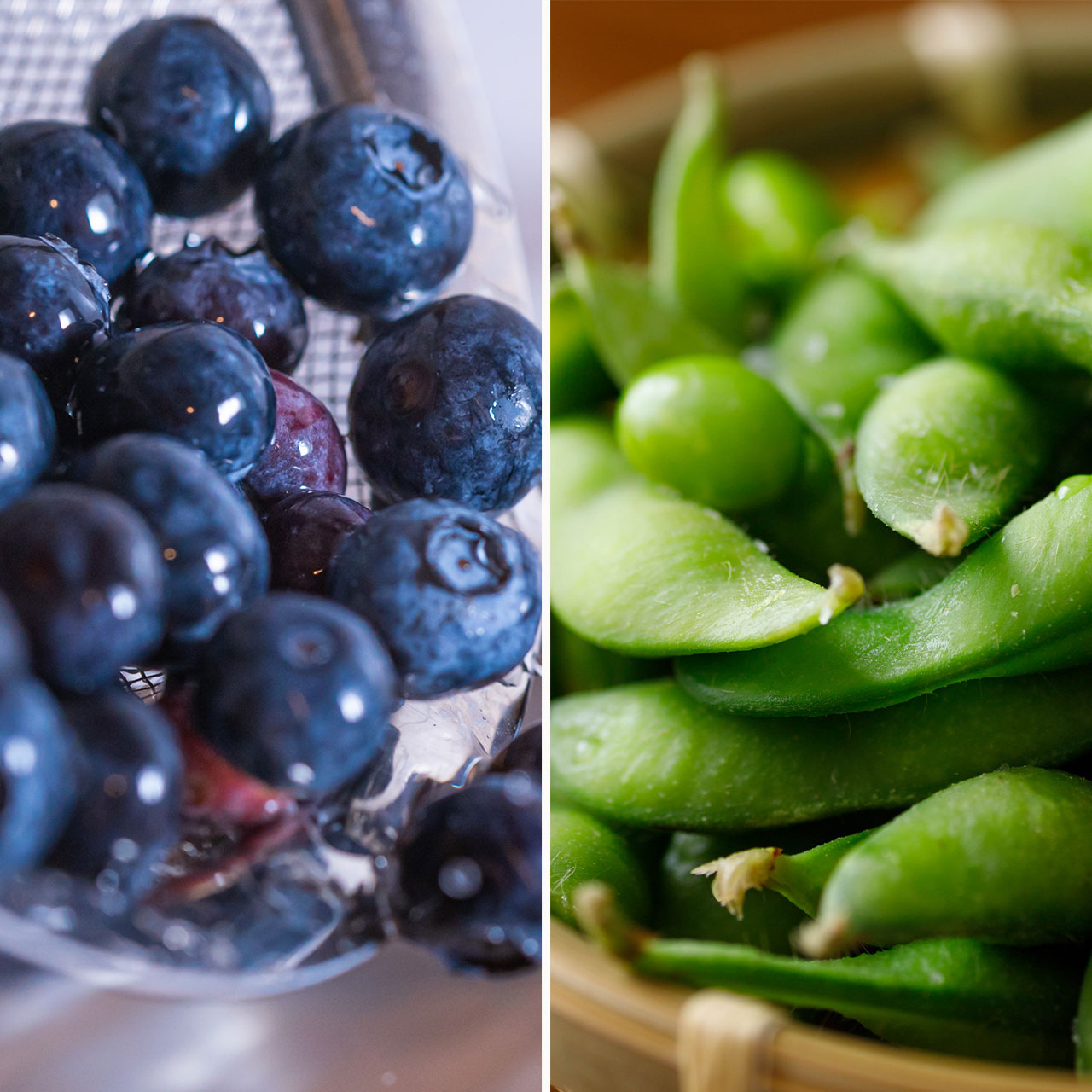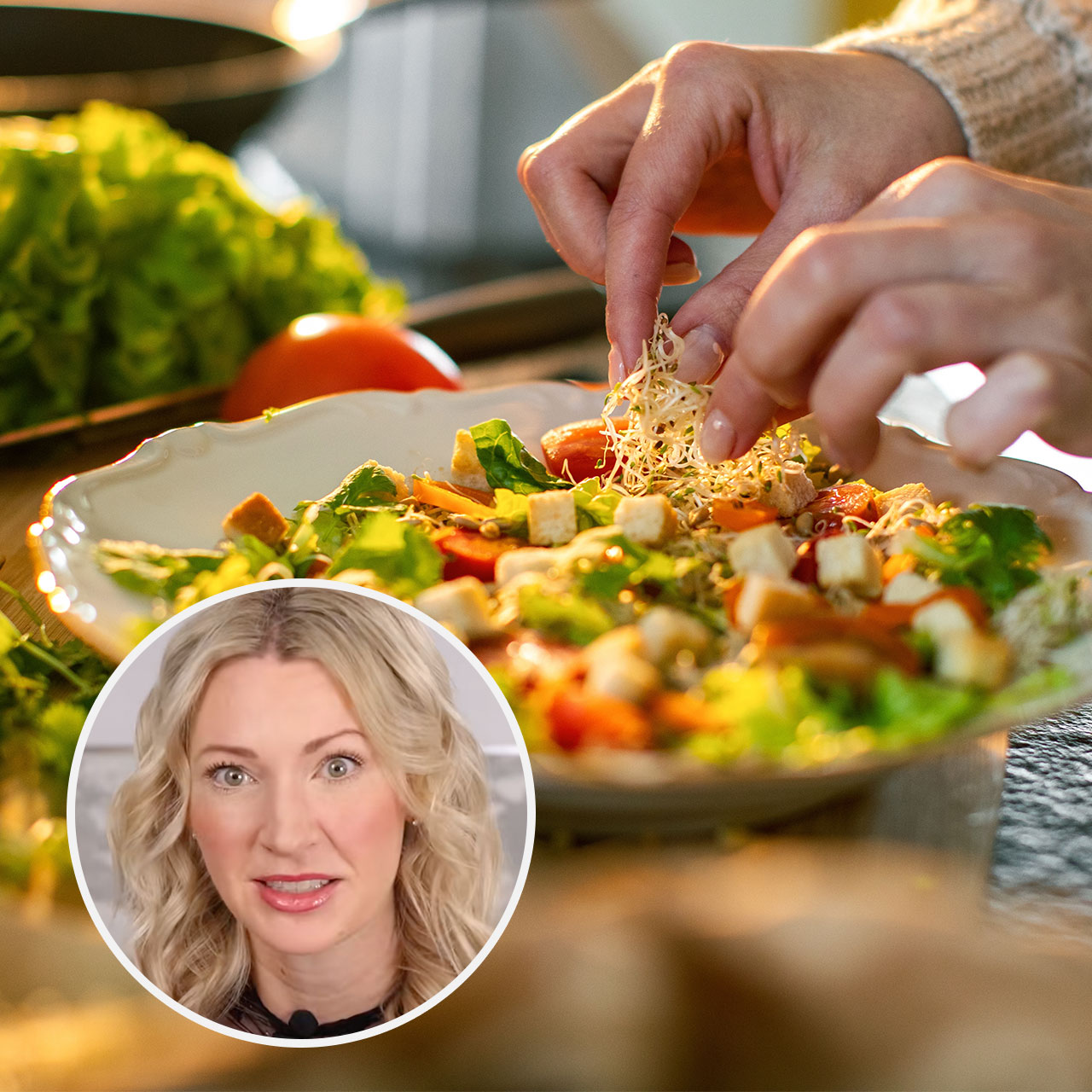To target chronic inflammation, it’s vital to firstly visit your doctor for specific treatments for your personal situation. In the meantime, nutritionists and health experts recommend creating a diet full of antioxidants, drinking plenty of water and exercising often to combat its symptoms. One vital step to take for your overall health is to reevaluate what you consume daily in order to pinpoint a potential cause for inflammation. We checked in with Amy Lippert, NTP, functional nutritionist and Liana Werner-Gray, certified nutritionist and natural food chef to learn more about one type of food anyone who often experiences inflammation should steer clear of and why.


How Refined, Processed Pastries Contribute To Inflammation
Whether they’re croissants, muffins, biscuits, scones, etc., many popular and beloved breakfast pastries might contain more sugar (and highly inflammatory ingredients) than many might realize. Many of these types of foods, Lippert explains, contain “large amounts of refined sugar that is highly inflammatory to the body,” thus increasing the cholesterol level in the blood. “Each person will manifest symptoms of inflammation different, but generally, symptoms of inflammation can include swelling, redness, fatigue, loss of appetite, joint pain and ache, joint stiffness, brain fog, fever, headache and morning joint stiffness,” she says.
Wener-Gray adds that many of these pastries fall under the ‘simple carbs’ category, which are often linked to inflammation. “There are two different types of carbs: complex carbs and simple carbs,” she notes. Simple carbs, she says, also known as ‘simple sugar or refined carbs,’ are found in processed foods like cakes, cookies, breakfast cereal and pastries. “They should be avoided as much as possible,” she advises.

“Refined carbohydrates are made from wheat, which is fine in a balanced, healthy diet for some people; however, most processed carbs are made from low-quality wheat that has been genetically modified and grown in poor soil, saturated with pesticides, and then mixed with refined sugars to make a ‘food’ like a cake or a bagel.” The bottom line, she stresses, is that refined carbs include most sugars, trans fats, and processed grains that can be major culprits for inflammation.
While simple carbs should be avoided as much as possible, this is especially important over the age of 40, she continues. “Since simple carbs are primarily sugar and the body burns through them quicker, over consumption of these can lead to weight gain and the slowing of metabolism. The body processes simple carbs as "empty calories" meaning there is no nutrition coming from foods like processed breads, cakes, candies, and more.”

Overall, Lippert concludes that “chronic inflammation to the body results in blood sugar dysregulation, water retention, fatigue, toxin build-up, and insulin resistance making it difficult to lose weight.” When the body is in a state of chronic inflammation, it is doing “all it can to get by day to day” and isn’t focused on losing weight, she says. “By eating a whole food diet rich in antioxidants and anti-inflammatory compounds, inflammation will begin to reduce,” allowing the body the ability to heal, detox toxins, let go of excess water and lose weight.


























